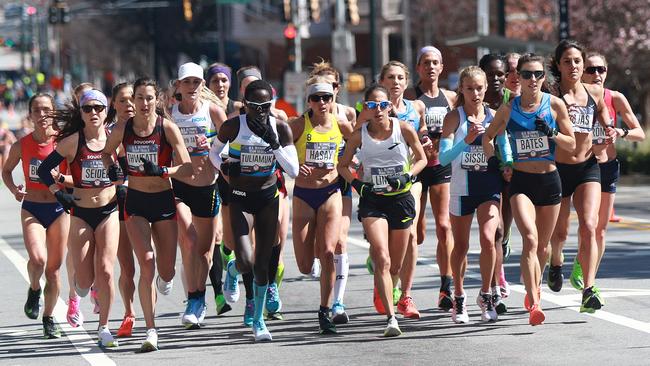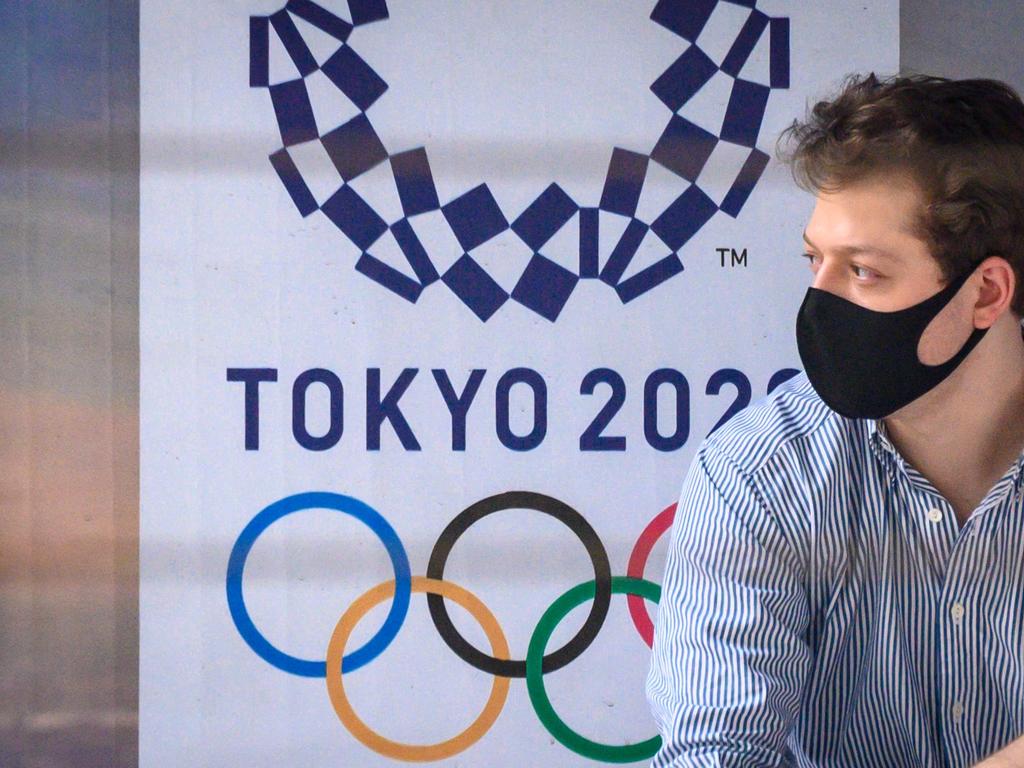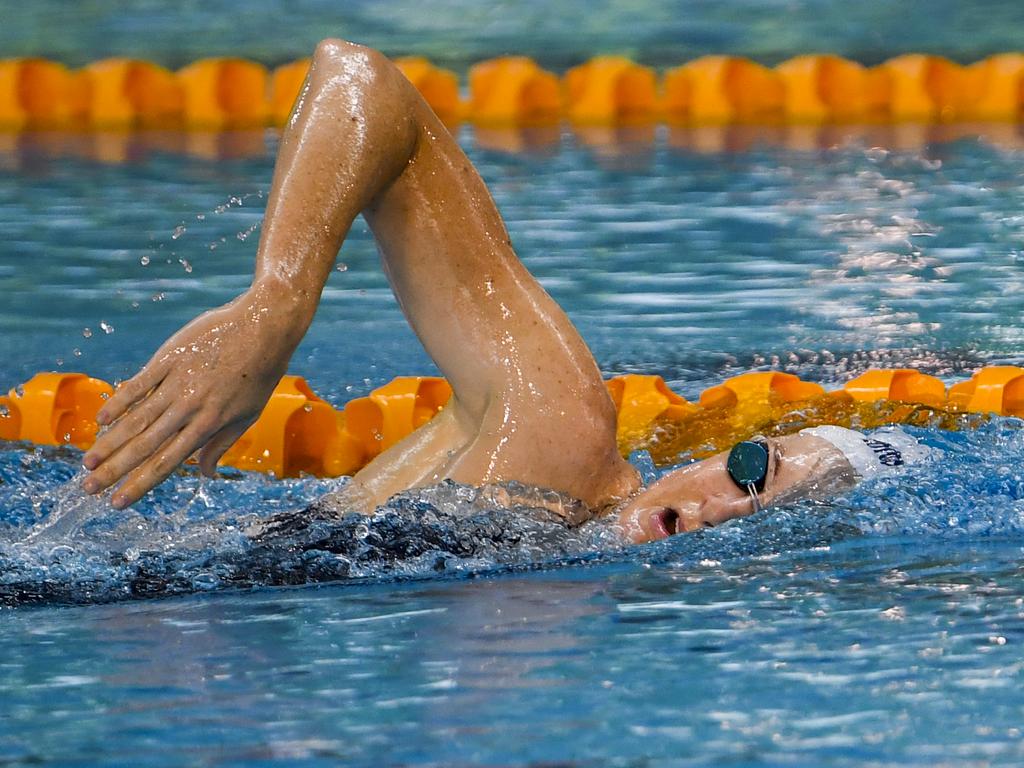Fears of doping wild west hang over Tokyo Olympics
Anti-doping officials from around the world fear the Tokyo Olympics – if they go ahead this year – could be infested by drug cheats.

Anti-doping officials from around the world fear the Tokyo Olympics — if they go ahead this year — will be infested by drug cheats taking advantage of the forced cutbacks to pre-competition tests during the coronavirus crisis.
While Australia’s Olympic hopefuls are still being heavily tested in the countdown to the Olympics, other countries, including China, have either stopped or scaled back their drug-catching programs because of COVID-19 lockdowns.
Alarmed anti-doping officials are now calling for the Tokyo Olympics to be postponed, saying the integrity of the Games has been compromised because the loophole will allow rogue athletes and countries to use performance-enhancing drugs without being detected.
“It opens up a whole world of opportunities for the unscrupulous to cheat, even more so than usual,” former Australian anti-doping chief Richard Ings told The Australian.
“I think it should stop. All sport is stopping, all training is stopping, all Olympic trials are stopping, all competitions are stopping. Forget it. Let’s write this year off and let everyone be protected, safe and healthy. Let’s come back in 2021.”
While the International Olympic Committee remains adamant it is business as usual and the Olympics will take place as scheduled, US Anti-Doping Agency boss Travis Tygart told The Australian the games should be cancelled until proper drug testing resumes. “Let’s hope those atop the IOC who in the past had no problem with the Olympic Games being tainted by doping as in Sochi, London and Rio give clean athletes’ rights the weight they deserve when ultimately deciding to proceed or not,” Tygart said.
“While the IOC leaders may be fine with no tests for 1913 athletes from 10 high-risk sports in the months leading into Rio, clean athletes were burned and they do not want to see a repeat in Tokyo.”
The US is among the rapidly growing list of countries that have been forced to reduce their drug testing levels because of social distancing regulations.
With all Olympic trials and warm-up events on hold for the foreseeable future, USADA’s traditional pre-Games testing blitz is being substituted by “mission-critical” testing of athletes in sports still competing, or preparing for Tokyo.
Effective immediately, doping control officers will be required to wear personal protective gear, including masks and gloves, and maintain a distance of almost two metres from athletes while carrying out testing procedures.
UK Anti-Doping has announced it has slashed its number of tests. “This is a difficult decision and one that has not been taken lightly. Our priority is the health and welfare of athletes, and our own staff and doping control officers,” UK Anti-Doping chief executive Nicole Sapstead said.
“As an organisation our ongoing responsibility remains to protect clean sport, but we must give precedence to health and welfare and act responsibly in line with government advice during this unprecedented time.”
Just weeks after winning a landmark appeal that saw Chinese swimmer Sun Yang banned for eight years, the World Anti-Doping Agency said that while health and safety issues would be given top priority, it also planned to closely monitor testing levels to ensure there were no “gaps” or breaches in doping protocols.
This follows WADA’s intervention earlier this year when China’s anti-doping agency CHINADA briefly halted testing during the worst of the outbreak in the epicentre Wuhan.
WADA wrote to international federations and foreign anti-doping organisations (ADOs) at the time asking them to target test Chinese athletes competing or training outside of their homeland and said the same instructions would apply to all countries caught up in the unfolding global crisis.
“WADA will closely monitor testing activity in all regions affected by COVID-19 to detect any possible testing ‘gaps’,” WADA said. “If it is determined that there has been an absence or diminished level of testing on athletes in areas of higher risk, this information will be conveyed on to the IOC and the International Paralympic Committee, as well as any other ADO with a major event in the coming months, which would benefit from such information to adjust their testing programs accordingly.”





To join the conversation, please log in. Don't have an account? Register
Join the conversation, you are commenting as Logout